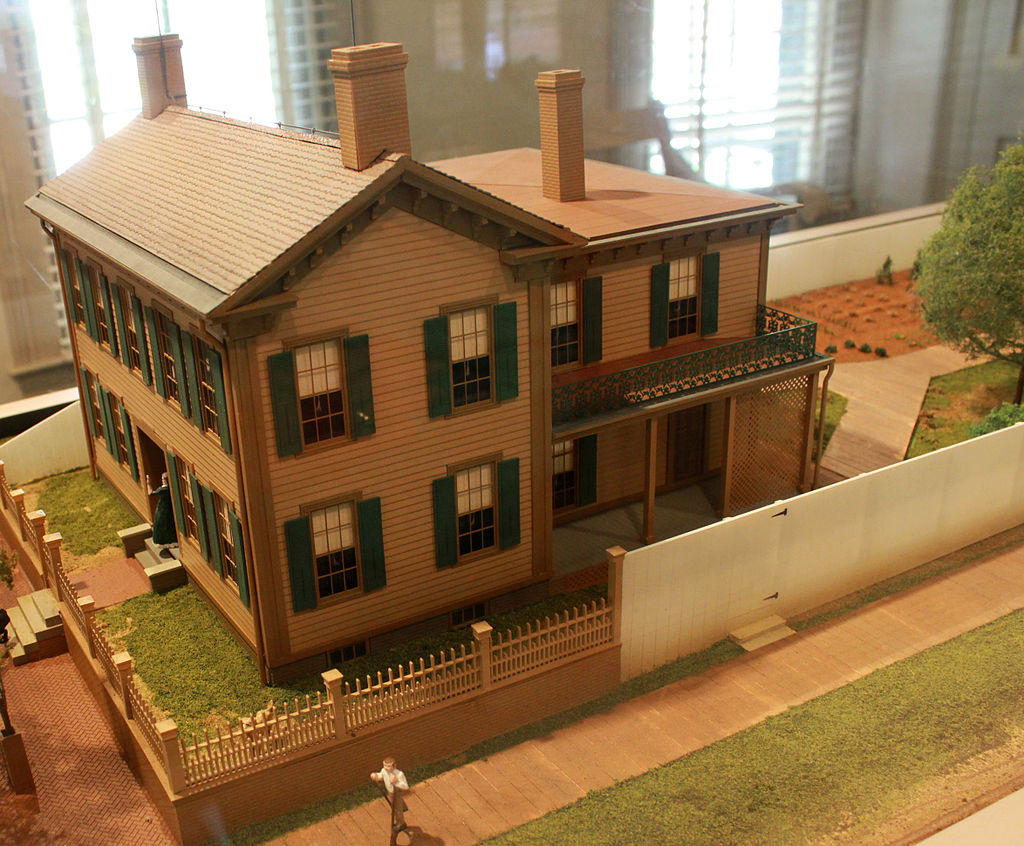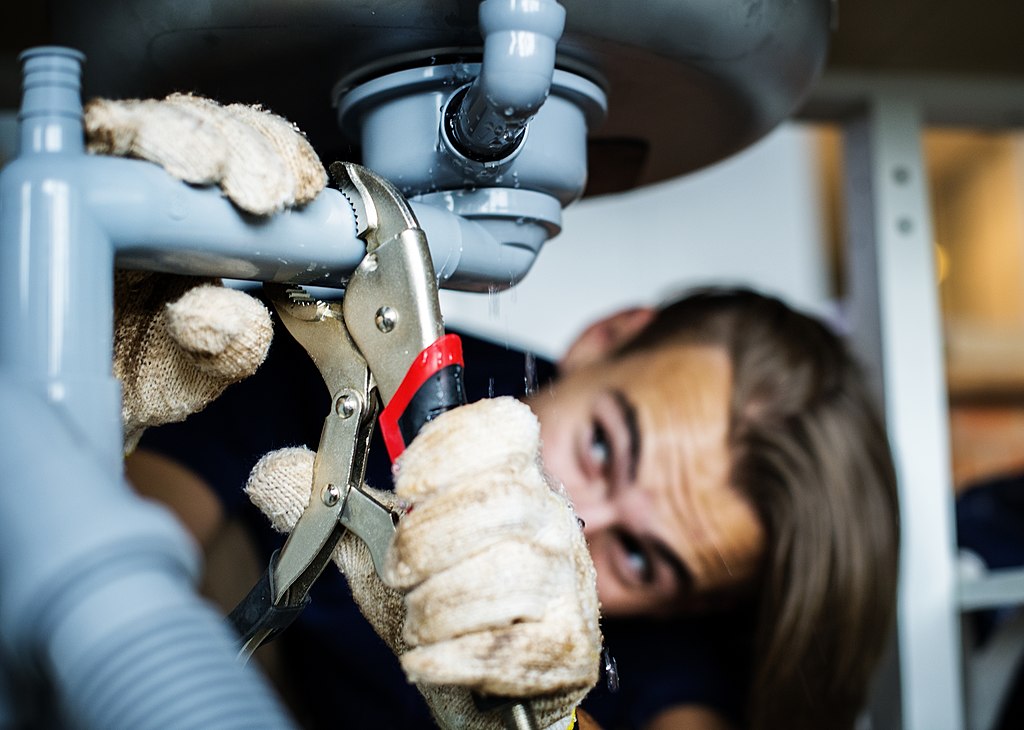Owning your own home is part of the American dream, and if you’re buying your first home, the process can feel a little overwhelming. Making offers, obtaining financing, closing paperwork – there’s a lot that goes into the whole ordeal, and that’s before you even get the keys to the front door. The good news is that once all of the legal stuff is out of the way, you’ll have a place to call your very own. To make life easier as a homeowner, below are some tips to keep in mind:
Learn To Take Care Of Home Improvements
Whether you purchase a new home or a fixer-upper, you’re bound to run into maintenance and repair issues from time to time. While there are plenty of experts out there who would love for you to pay them to handle this stuff, you can actually save quite a bit of money when you handle your own home improvement projects. From winter home improvement projects indoors to the fun of shaping your landscaping in the spring, when you take care of the hard work, your money stays in your wallet and you earn a sense of pride in taking care of your castle.
Research Property Taxes And Keep Up With Changes
When you rent your home, the landlord typically pays for things like insurance and property taxes. As a homeowner, you are now responsible for making sure these costs are covered. Property taxes vary by location, and rates can change from year to year. Some areas implement property tax hikes to help pay for community improvement projects, so it’s a good idea to inform yourself about initiatives to raise property taxes when it comes time to vote locally on these issues.
Failure to pay your property taxes could see a lien being placed against your property. In time, this could lead to foreclosure and a host of other financial issues. If you’re having a hard time meeting your financial obligations as they pertain to property taxes, talk to your city or county administration office. You may be able to work out a deal or some type of payment arrangement to keep your property from going into default.
Work With A Tax Specialist
As a homeowner, you may have special tax incentives that were not available as a renter. These may include the ability to write off mortgage interest or certain home improvements on your tax return. Some tax write-offs depend on your area, so it’s a good idea to work with a local tax specialist like a certified public accountant (CPA) to get a better understanding of your situation.
You also want to inquire about how selling or renting your home could affect your future taxes. Many people purchase homes for the first time with the intention of upgrading in the future, and some of these homeowners put their homes up for sale or rent them out before making a move. Once again, these actions could have tax implications, so it would be a good idea to understand your financial position before making any future plans.
Get To Know Your Neighbors
When you were a renter, you may have known the people in the apartment across from yours, but these types of relationships tend to be transient. People move in and out of apartments all the time, and it can be hard to really get to know your neighbors in these situations. When you own your home, you’re more likely to live around the same people for years, so it would be a good idea to make an effort to get to know your neighbors.
This doesn’t mean you have to be best friends with the people next door, but it does mean you should introduce yourself at an appropriate time. Forming neighborly friendships is beneficial to you because you never know when you may need to rely on a neighbor to get your mail while you’re out of town or watch your dog while you’re away for the week. Beyond that, neighborhoods where people know one another tend to be safer overall and provide a greater quality of life for residents.


